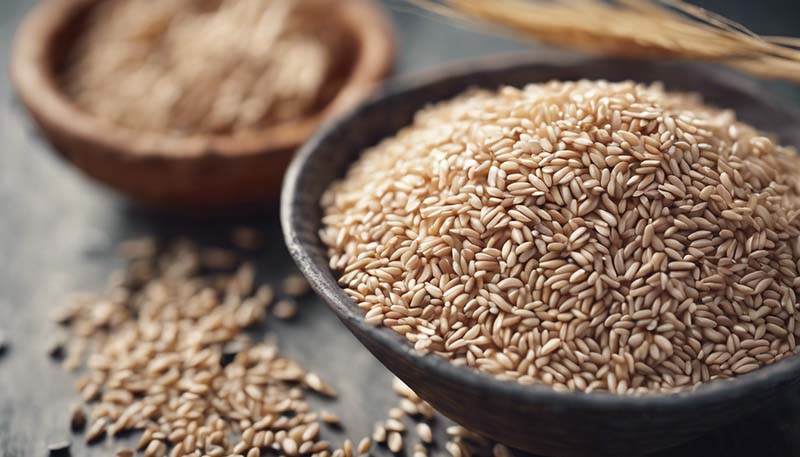The Role of Gut Health in Weight Management

Gut health is increasingly recognized as a critical factor in overall well-being, including weight management. The gastrointestinal tract is home to trillions of microorganisms that play a significant role in digestion, immune function, and even mental health. This article delves into the relationship between gut health and weight management, exploring how maintaining a balanced gut microbiome can help achieve and maintain a healthy weight.
Understanding the Gut Microbiome
The gut microbiome refers to the entire community of microorganisms—bacteria, viruses, fungi, and other microbes—that live in the digestive tracts of humans and other animals. This complex ecosystem is influenced by various factors, including diet, lifestyle, stress, and antibiotic use.
How Gut Microbes Affect Weight
Research has shown that the gut microbiome can impact weight through several mechanisms:
- Energy Extraction: Some gut bacteria are more efficient at extracting energy from the food we eat, which can lead to increased calorie absorption and weight gain.
- Short-Chain Fatty Acids (SCFAs): SCFAs produced by gut bacteria have been linked to satiety signals, which can influence appetite and energy metabolism.
- Inflammation: An imbalanced gut microbiome can lead to increased gut permeability, causing inflammation that may contribute to obesity and related metabolic disorders.
- Gut-Brain Axis: The gut and the brain communicate via the gut-brain axis, which can influence hunger, satiety, and stress responses, all of which affect weight management.
Strategies for Improving Gut Health
Here are some evidence-based strategies to support a healthy gut microbiome and, by extension, weight management:
- Diversify Your Diet: Consume a wide variety of plant-based foods, including fruits, vegetables, whole grains, legumes, and nuts, to provide a diverse range of nutrients for your gut bacteria.
- Fermented Foods: Include probiotic-rich foods like yogurt, kefir, sauerkraut, kimchi, and pickles to introduce beneficial bacteria to your gut.
- Prebiotic Foods: Foods like onions, garlic, leeks, asparagus, and bananas provide prebiotic compounds that feed and support the growth of beneficial gut bacteria.
- Limit Processed Foods: Reduce your intake of processed and refined foods, which can negatively impact gut health and contribute to weight gain.
- Control Portion Sizes: Overeating can disrupt the balance of gut bacteria and lead to weight gain, so be mindful of portion sizes.
- Stay Hydrated: Drinking enough water is essential for overall health and can support gut health by aiding digestion and preventing constipation.
- Manage Stress: Chronic stress can alter gut microbiota and lead to weight gain. Incorporate stress-reduction techniques like meditation, yoga, or mindfulness into your routine.
- Regular Exercise: Physical activity can positively influence gut microbiota and help with weight management by increasing metabolism and burning calories.
- Consider Supplements: If needed, consider probiotic or prebiotic supplements after consulting with a healthcare professional, especially if you've recently taken antibiotics.
The Impact of Gut Health on Weight Management
Understanding the intricate relationship between gut health and weight management is crucial for developing personalized strategies to achieve and maintain a healthy weight. By nurturing a balanced gut microbiome, individuals can potentially improve their metabolic health, increase satiety, and reduce inflammation, all of which contribute to better weight management.
Conclusion
While there is still much to learn about the gut microbiome, it's clear that it plays a significant role in weight management. A healthy gut is associated with better weight control, and by adopting the strategies outlined above, individuals can take proactive steps to support their gut health and overall well-being.






























Join the discussion